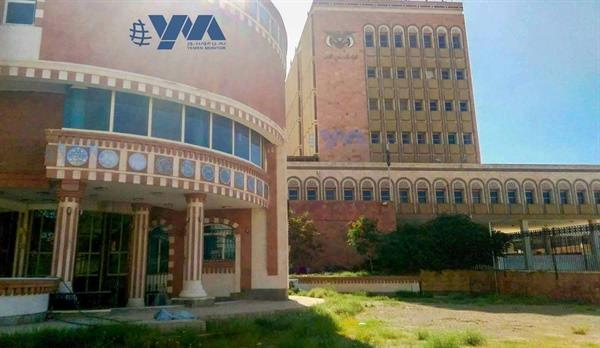Houthis get back of their decision to stop dealing with banks and exchange companies operating in Aden

Yemen Monitor/News Room
The Central Bank in Sana’a (which has no international recognition or legitimacy) has reversed its decision to escalate against banks and exchange companies operating in the temporary Yemeni capital, Aden.
The Houthi-controlled Central Bank of Sana’a issued a circular including instructions to resume dealing with exchange companies in Aden, namely “Al-Qutaibi Company” and “Al-Basairi Exchange Company.” This comes after a similar decision was taken by the Central Bank of Yemen in Aden to punish banks that submit to Houthi policies.
A few days ago, the Central Bank of Yemen in Aden announced that it would stop dealing with banks and exchange companies that violate its instructions, including five of the largest banks and financial institutions in the country.
The violating banks are:
- Al-Tadamon, one of the largest commercial banks in Yemen.
- Yemen and Kuwait Bank
- Al-Amal for Microfinance
- Yemen and Bahrain Bank
- Al-Karimi Islamic Microfinance Bank
The Central Bank also instructed to stop dealing with 13 exchange companies in Marib governorate in the northeast of the country due to violations of the instructions.
A senior official at the Central Bank in Aden confirmed to Reuters on Wednesday that the reasons for stopping dealing with the five banks and exchange companies in Marib are their non-compliance with the bank’s instructions regarding the restriction of money transfers to the unified money transfer network supervised by the bank in Aden, and the continued dealings of these entities with money transfer networks to Houthi-controlled areas.
The official said that the bank stopped money transfer operations through various exchange networks from the liberated areas in southern Yemen to Houthi-controlled areas in the north at the beginning of the week.
The Yemeni Banks Association objected to the decision of the Central Bank of Yemen in Aden and considered it a serious and unjustified escalation that could drag the banking sector into the furnace of the raging political conflict in the country and cause further complications.
This financial conflict comes at a time when the value of the Yemeni currency in the areas of the internationally recognized government in the south and east of the country has continued to decline sharply, reaching its lowest level ever against the US dollar and other foreign currencies in the city of Aden, where the dollar price has broke the barrier of 1700 riyal





